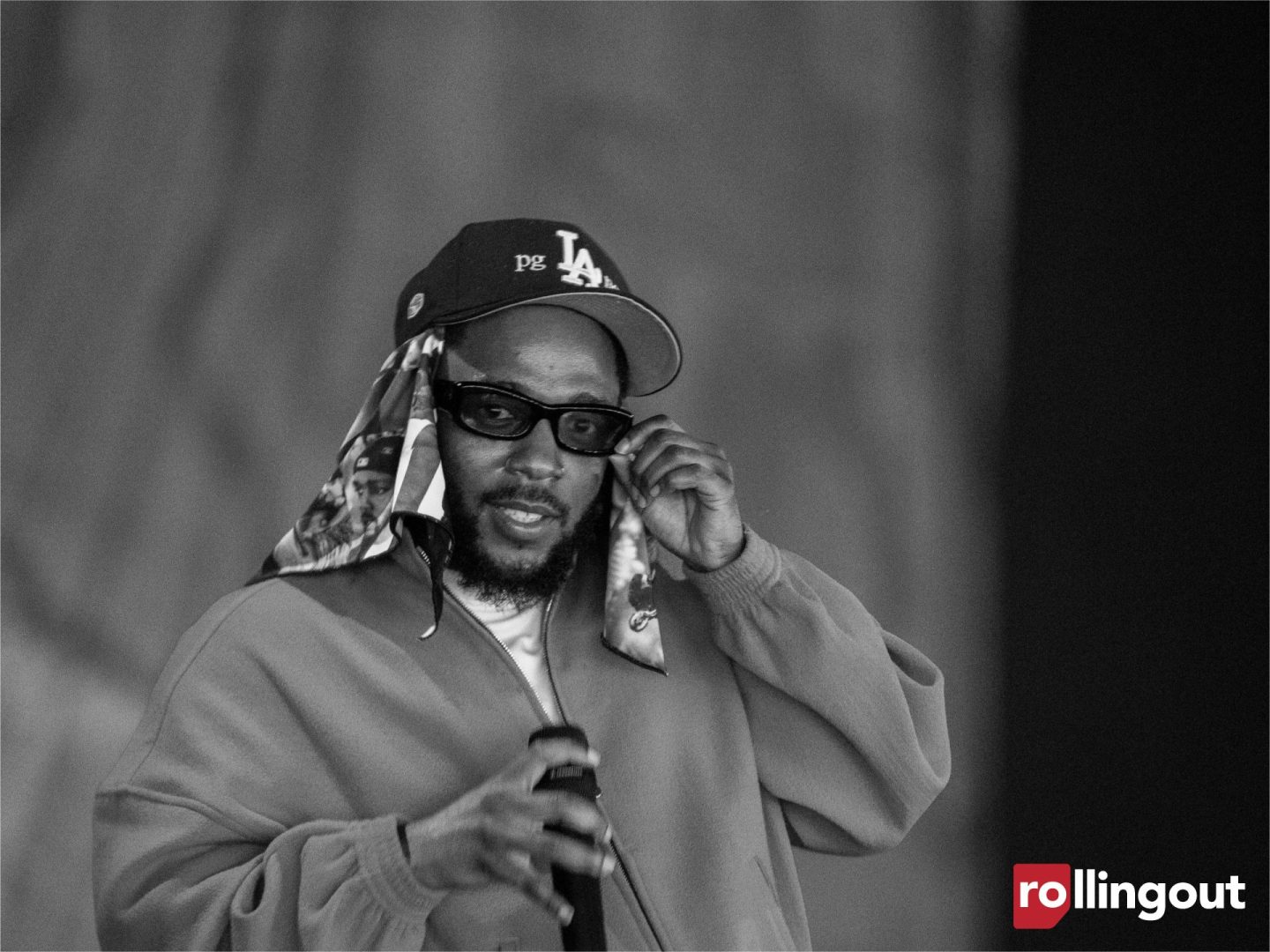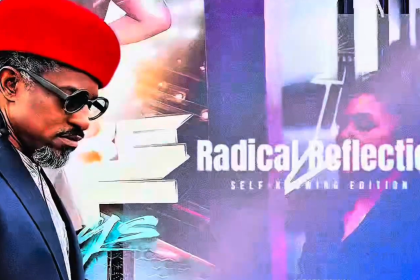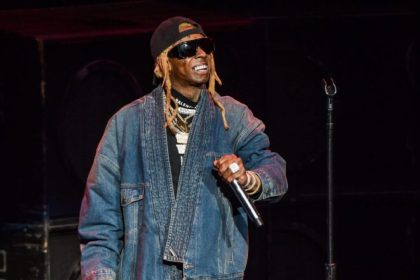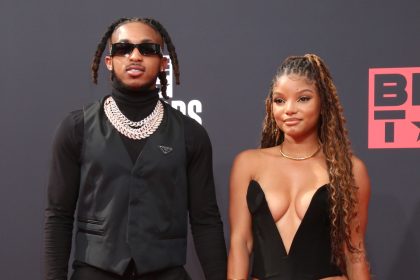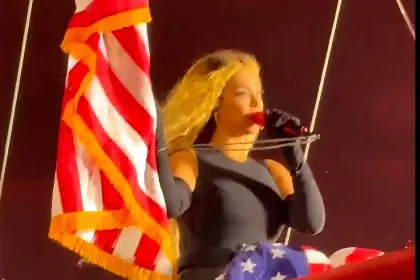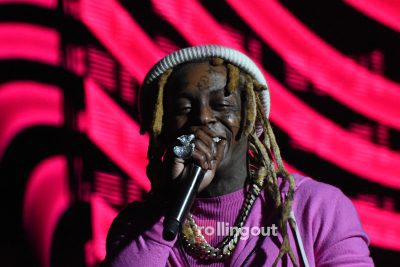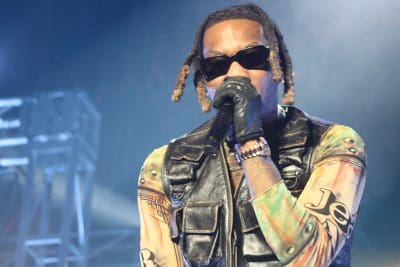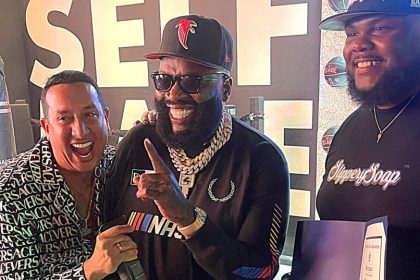Comedian Gary Owen faced intense criticism after attempting to joke about Kendrick Lamar’s new track “wacced out murals,” sparking debates about racial sensitivity in comedy.
Owen responded to Lamar’s lyric “Don’t let no white comedian talk about no Black women — that’s law” with the comment “If that’s law, that makes me a criminal,” drawing immediate backlash on social media platforms.
Critics highlighted Owen’s previous marriage to a Black woman, suggesting he mistakenly believed this connection granted him license to make racially charged jokes. “He probably shouldn’t have said anything since his name wasn’t mentioned,” one Instagram user noted.
The controversy emerges as Lamar’s album generates acclaim for its bold themes. The record includes hits like “luther,” “tv off” and “squabble up,” while earning Grammy consideration for Record of the Year.
Entertainment analysts note this incident reflects broader tensions about racial commentary in comedy. Owen’s attempt to engage with Lamar’s work demonstrates ongoing challenges comedians face when addressing race relations.
Industry observers point out how social media amplifies these cultural flashpoints, with Owen’s comment spreading rapidly across platforms. The speed and scale of the backlash illustrates heightened sensitivity around racial discourse in entertainment.
Cultural critics emphasize how Owen’s joke attempted to leverage his personal connection to the Black community, a strategy that often backfires for comedians. The response highlights evolving standards for addressing race in comedy.
The incident occurs amid Lamar’s continued examination of racial dynamics in his music. His latest album particularly scrutinizes how non-Black entertainers engage with Black culture and experiences.
Media experts note this controversy may impact Owen’s career trajectory, as audiences increasingly demand greater awareness from comedians discussing race. The backlash demonstrates shifting expectations for comedy addressing sensitive social issues.
This debate extends beyond individual performers to broader questions about comedy’s role in addressing racial topics, suggesting evolving boundaries for racial humor in contemporary entertainment.

